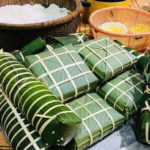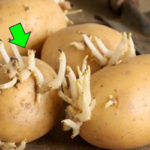The skin of some fruits and vegetables is not only a layer of fiber that protects them from bacteria but also contains toxins to “fight back” against insects when necessary. That’s why some fruits and vegetables with skin can be harmful to your health. Therefore, when eating them, you need to peel the skin off to avoid intoxication.
Potato skin:
According to some studies, potato skin is rich in calcium. However, potato skin contains glycoalkaloids, a substance that accumulates in the body and can become toxic in a certain amount. Since it does not cause immediate poisoning or have clear symptoms, many people think that eating potato skin is not a problem. When poisoned, patients will have pale, dull skin and poor health. Especially when potatoes turn green and sprout, there are still many toxins in their skin. Therefore, you should peel and soak potato skin in water before cooking to remove toxins.
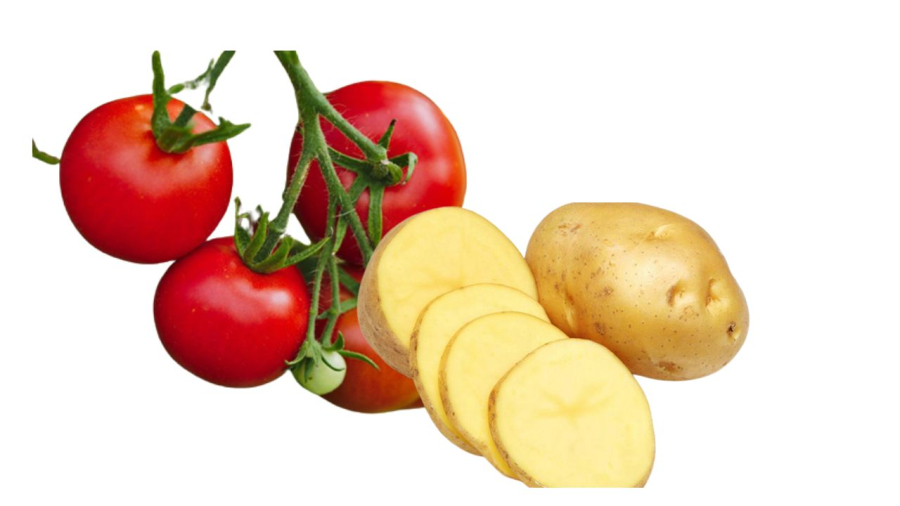
Tomato skin:
When tomatoes are still green, tannic acid is mainly concentrated in the pulp, however, when ripe, this acid is mainly concentrated in the skin. When we eat tomatoes, tannic acid reacts strongly with protein in other foods, creating precipitates and causing symptoms such as stomach pain, bloating, and decreased appetite. Furthermore, tomato skin is indigestible, so it should be completely removed before processing.
Sweet potato skin:
Sweet potato skin contains a lot of alkali, so eating the skin can stimulate the digestive system. Therefore, you should limit eating sweet potato skin. Especially if the skin of the sweet potato has brown or black spots, it means that the sweet potato has been attacked by bacteria and mold. They produce toxic substances such as saponin and saponol, which damage the liver and cause intoxication.
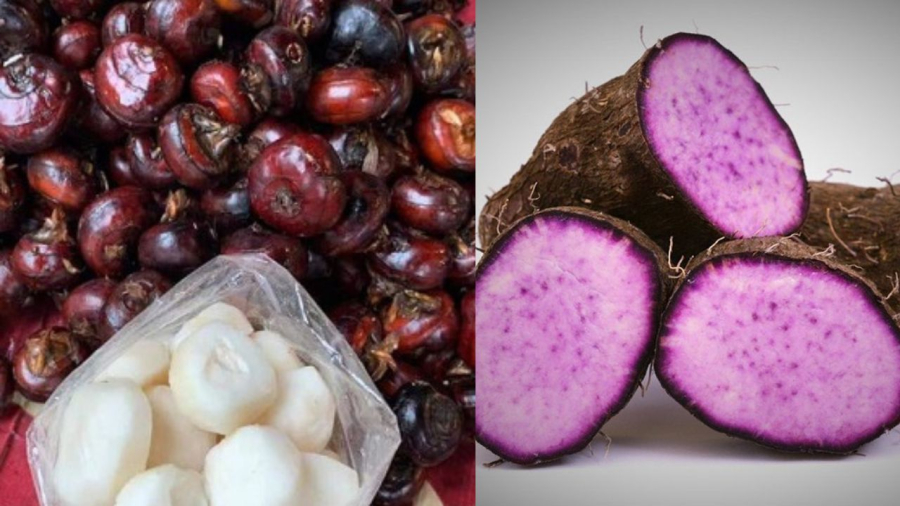
Cassava skin:
Cassava skin contains a lot of harmful microorganisms that harm the digestive organs. They are parasites that develop in aquatic environments. Therefore, when eating cassava, you need to wash it thoroughly under running water.
Persimmon skin:
Persimmons are delicious fruits, but their skin is tough and fibrous, and it contains a lot of resin that can cause stomach pain. When the persimmon is still unripe, tannic acid is mainly concentrated in the flesh. But when the fruit is ripe, this substance will shift its focus to the skin. Eating the skin will stimulate our stomach and the tannic acid in persimmon skin can combine with fiber and protein in other foods to form clots that can cause constipation.
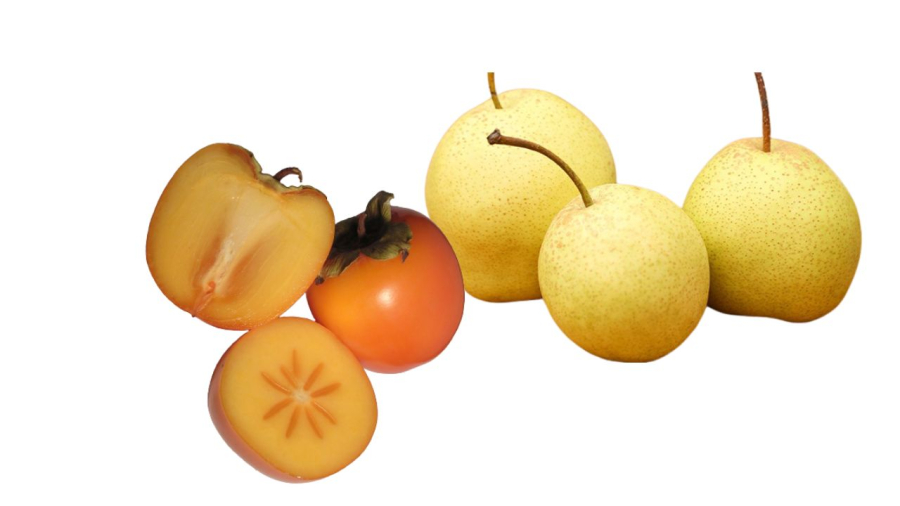
Pear skin:
Pears are healthy fruits, but their skin is rough and can cause indigestion and kidney stones…
Quince skin:
Quinces are healthy fruits, but quince skin contains harmful substances such as ginkgo acid, hydrogenated ginkgo acid, and ginkgo alcohol. After entering the human body, these substances can damage the central nervous system and cause intoxication. Therefore, when preparing this fruit, you should only use the flesh and discard the skin.
Taro is also delicious, but its skin is where cyanide toxins accumulate. Therefore, before processing, you should peel the skin off, soak the taro in water to remove fiber, and then cook it to make it safer.
8 Common Mistakes People Make with Cutting Boards
Are you using your cutting board correctly? Many Vietnamese households rely on cutting boards in their kitchen, but not everyone knows how to use them properly, especially when it comes to wooden cutting boards. Check out these 8 mistakes to avoid when using a cutting board to ensure both hygiene and safety for everyone in your family.
Is Refrigerated Leftovers Linked to an Increased Risk of Cancer?
Dr. Lam Van Man, Head of Research, Development and Technology Transfer Department of the Institute of Safety Food, has warned of the risk of food poisoning when reheating leftovers from the refrigerator. But what should we be aware of when it comes to the possibility of these leftovers causing cancer? Here, we explore what the experts have to say on the matter and offer some tips for safe eating.
Preserving Leftover Food from the Tet Holiday
With the beginning of the Lunar New Year, many households are stocking up on food to celebrate the festive occasion. While keeping food in the refrigerator is convenient, it can also be harmful to users if not done correctly. We have compiled a few tips to help ensure food remains fresh and safe to consume during Tet.


























